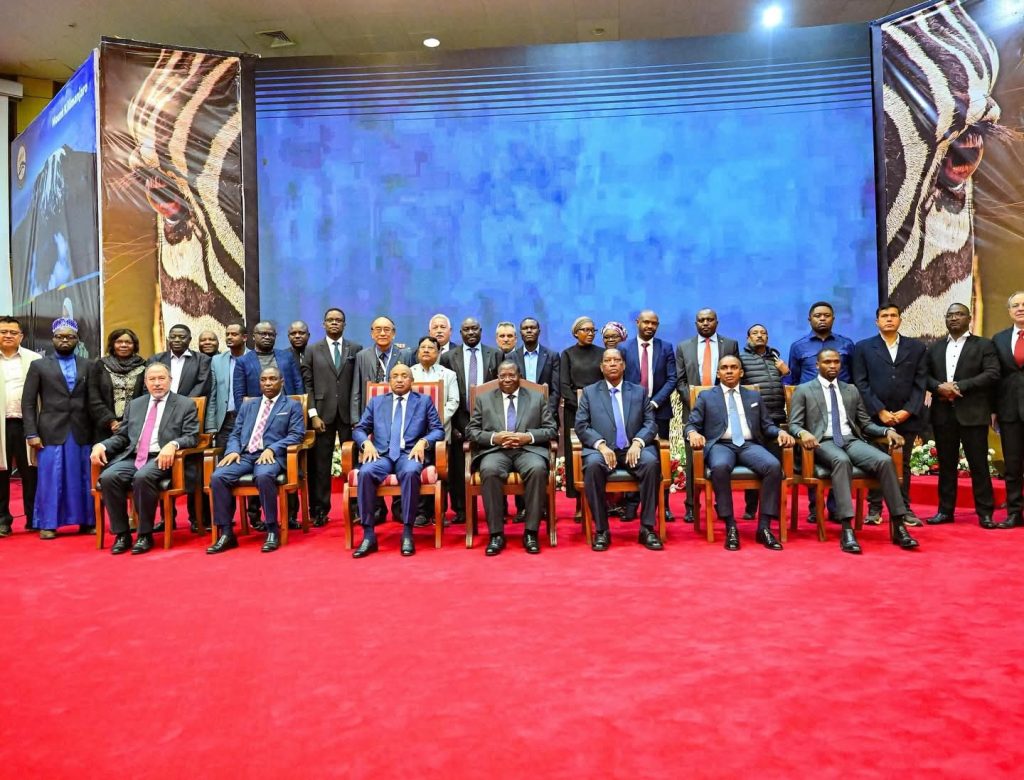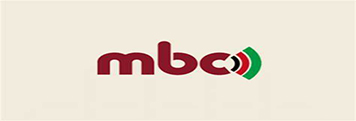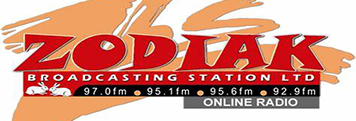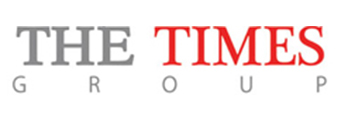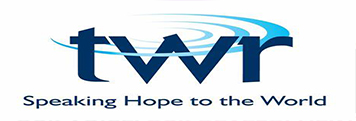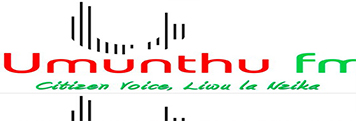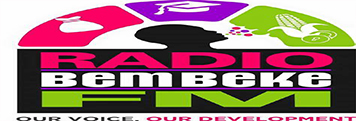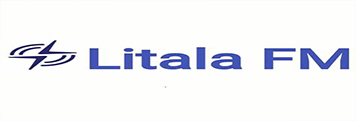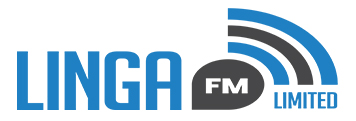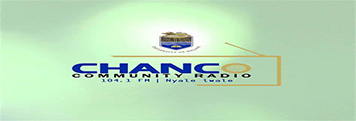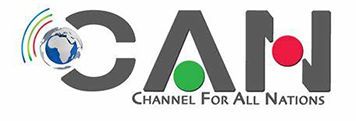The Network of Independent Media Councils in Africa (NIMCA) convened in Arusha, Tanzania, from 14th to 17th July 2025 for the 2nd Pan-African Media Councils’ Summit and the inaugural Annual General Meeting of the network. Among other issues, NIMCA discussed matters surrounding digital literacy.
The digital age has changed how people create, share, and consume information. But with these changes have come serious problems such as fake news, hate speech, and false information that affect not just Africa, but the whole world. At the Pan-African Media Councils Summit, leaders agreed that digital literacy is urgently needed across the continent. Delegates said that digital literacy must be a top priority to fight the growing challenges of digital space.
Social media and other digital tools have made it easy to spread information quickly but have also made it easier for lies and harmful content to spread, causing real problems in African societies. For instance, false information about COVID-19 vaccines caused fear, and many chose not to get vaccinated. Many journalists have also been harassed online due to disinformation.
On this, the summit agreed that many of these problems happen because people including journalists and leaders do not have the skills to tell what is true or false online hence making digital literacy a shared responsibility.
National media councils were urged to train journalists to spot fake news, partner with fact-checkers, and teach communities about the dangers of misinformation. Communications regulators were asked to work with tech companies like Facebook and Google to make online spaces safer as well as support laws that protect free speech but stop harmful content.
It was stated that schools have an important role too, urging governments to add digital literacy to school subjects. There was a call for teachers to undergo training to help students learn how to judge online content. Young people, who spend the most time online, should be targeted with campaigns that teach them how to behave responsibly and think critically online.
At the summit, NIMCA also laid out a plan for the future. Leaders were chosen from different parts of the continent, including the Media Council of Malawi, and they agreed on key actions: to support ethical journalism, advocate for better regulations on digital platforms, and lead public education campaigns on digital literacy.
The meeting ended with a strong call for teamwork. Media councils, regulators, schools, civil society, and tech companies must all play a role. Governments and international partners should invest in training, campaigns, and tools to fight fake news. Tech companies must also take responsibility for stopping harmful content.
In the end, the summit made it clear that digital literacy is not just helpful, it is essential for protecting democracy, trust, and peace in Africa. The future depends on how well citizens are prepared to handle the digital world.

